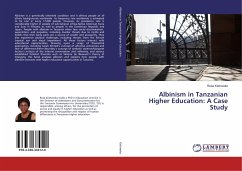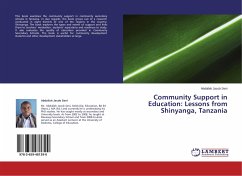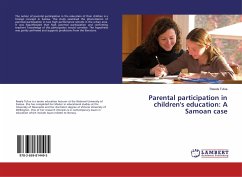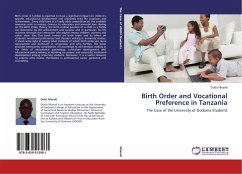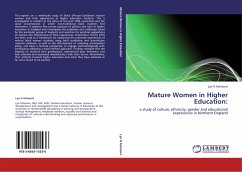Albinism is a genetically inherited condition and it affects people of all ethnic backgrounds worldwide. Its frequency rate worldwide is estimated to be one in every 17,000 people. However, its prevalence rate is considerably higher in people of sub-Saharan Africa,Native American Kuna and Zuni in Panama as well as people in the Dominican Republic and Japan. People with albinism in Tanzania often face social discrimination, superstition, and prejudice, including murder threats due to myths and beliefs that their body parts are a source of wealth and prosperity. They also experience physical challenges, including threats from the African tropical sun and visual impairment. All these factors interact with educational opportunities. Drawing upon a range of theoretical approaches, including Sarah Ahmed's concept of affective economies and fear of difference;Pierre Bourdieu's concept of symbolic violence;Margaret Archer's notions of the internal conversation and reflexivity, and various established feminist theorists such as Simone de Beauvoir's theory of misogyny, this book analyses albinism and explains how people with albinism interacts with higher education opportunities in Tanzania.
Bitte wählen Sie Ihr Anliegen aus.
Rechnungen
Retourenschein anfordern
Bestellstatus
Storno

